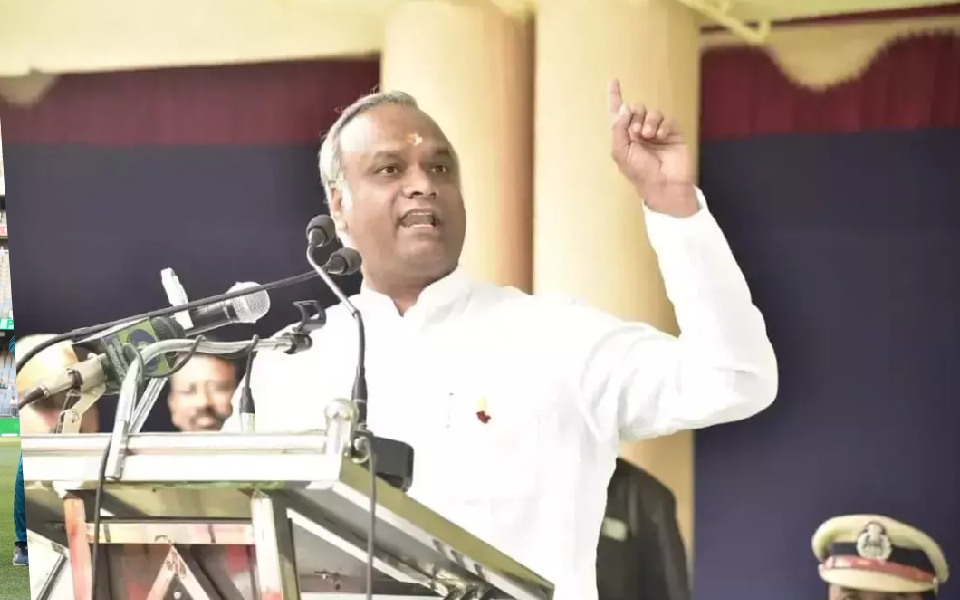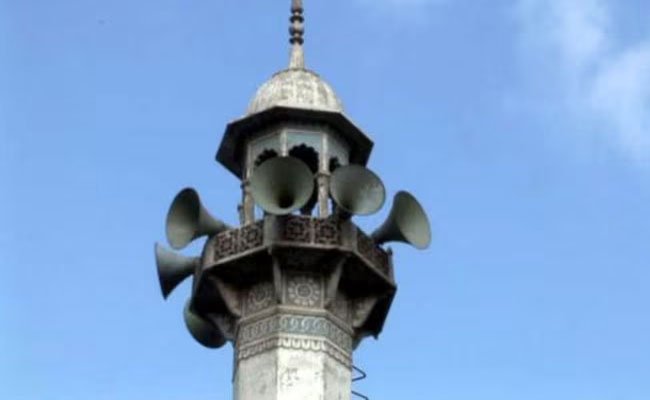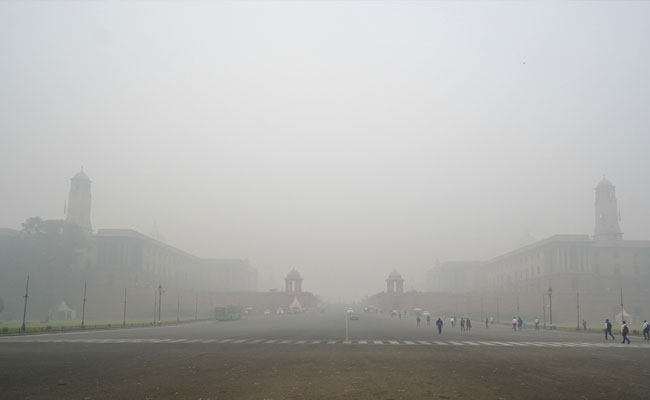Bengaluru: In a detailed post on social media on Sunday, Karnataka’s Minister for Rural Development and Panchayat Raj, Priyank Kharge, alleged massive profiteering and misuse of funds by the previous BJP government in Karnataka during the COVID-19 pandemic. Kharge’s post provides a breakdown of events and decisions he claimed led to excessive spending on personal protective equipment (PPE) kits and other essentials, often at inflated costs and through questionable procurement practices.
Kharge presented a chronology starting from March 17, 2020, when the then BJP government approved a procurement budget of Rs. 416.48 crore for drugs, medical equipment, chemicals, and consumables to combat the COVID-19 pandemic. The next day, on March 18, 2020, the Department of Health and Family Welfare's Need Assessment Committee approved the purchase of 1,20,000 PPE kits at a rate of Rs. 2,117.53 per kit. Kharge questioned why the government opted for this rate, explaining that the high cost was based on quotations from suppliers Big Pharmaceuticals and DHB Global, a Hong Kong-based company.
According to Kharge, despite government officials advising a short-term tender process, the BJP government cited an emergency situation and opted for a direct approval process, bypassing standard procedures. The procurement file was sent directly for approval to the then Chief Minister B.S. Yediyurappa, bypassing the need for competitive bidding.
On April 2, 2020, the BJP-led government reportedly placed a direct order for 1,00,000 PPE kits from DHB Global at Rs. 2,117 per kit, totaling Rs. 21.18 crore. Soon after, on April 10, an additional order for another 1,00,000 kits was placed with DHB Global at Rs. 2,104.53 per kit, amounting to around Rs. 21 crore. The same day, a third order was placed for 1,00,000 kits from Big Pharmaceuticals at Rs. 2,049.84 per kit, valued at Rs. 20.5 crore.
In total, the government ordered 3,00,000 PPE kits from DHB Global (2,00,000 kits) and Big Pharmaceuticals (1,00,000 kits), at a cumulative cost of roughly Rs. 62.5 crore. The terms of these orders mandated delivery within seven days, inclusive of transportation from Hong Kong to Bengaluru, with payments due upon delivery.
Kharge highlighted that on April 6, 2020, just days after the initial purchase order, the government issued a corrigendum altering the terms. This change required the state to bear transportation costs from Hong Kong, which added Rs. 11.99 crore for DHB Global’s shipments and Rs. 9.35 crore for Big Pharmaceuticals, pushing the total transportation expenditure to approximately Rs. 21.35 crore. Furthermore, the government approved a 100% advance payment to these companies, despite earlier stipulations of payment only upon delivery.
Kharge criticized the decision to source kits from foreign companies when local options were available at lower costs. According to records from the Karnataka State Medical Supplies Corporation Limited (KSMSCL), the organization had procured over 18 lakh PPE kits at prices ranging between Rs. 333 and Rs. 1,445 per kit. On March 14, 2020, KSMSCL reportedly bought 1,50,000 kits from Plasti Surge Industries Pvt Ltd at Rs. 333.40 per kit. However, on March 27, a corrigendum revised the price to Rs. 725 per kit without justification.
Similarly, on March 24, 2020, KSMSCL acquired 2,000 kits from Indus Bio Solutions at Rs. 656.25 per kit. Later, on April 23, 2020, records show procurement of kits from eight other local suppliers at Rs. 1,444.80 per kit. Kharge raised concerns about these price discrepancies, questioning why local suppliers, offering kits at significantly lower rates, were not prioritized over the foreign suppliers.
Kharge questioned the necessity of opting for Chinese firms when local suppliers were available, asserting that the decision benefitted particular entities. He noted that DHB Global, a company founded in 2019, closed operations shortly after securing the PPE contract, suggesting that it was selected under dubious circumstances.
According to Kharge, the inflated prices led to substandard medical equipment, contributing to the high death toll during the pandemic. He alleged that this mishandling was part of a pattern of profiteering, accusing the BJP government of downplaying the real COVID-19 death toll for political gains.
Backing his claims, Kharge referenced figures from the Directorate of Economics and Statistics, which indicated 2,69,029 deaths from January to July 2020 and 4,26,943 deaths in the same period of 2021, pointing to an increase of 1,57,914 deaths in Karnataka. However, BJP’s official records attributed only 37,206 deaths to COVID-19. Kharge claimed this discrepancy suggested a potential understatement of 1,20,708 COVID-19 deaths by the BJP government.
Kharge concluded by labeling these actions as “mass murder for profit,” suggesting that the BJP government’s actions during the pandemic extended beyond mere corruption. He argued that the COVID-19 expenditure of Rs. 18,000 crore warrants scrutiny, with the PPE procurement worth approximately Rs. 80 crore representing only a small portion of what he described as a larger corruption scandal. Kharge assured that the current Congress government in Karnataka would investigate the matter and seek justice for those affected by the previous administration's alleged negligence and greed.
PM @narendramodi ji, your BJP Govt made profits in pandemic.
— Priyank Kharge / ಪ್ರಿಯಾಂಕ್ ಖರ್ಗೆ (@PriyankKharge) November 10, 2024
Chronology samajhiye:
17.3.2020: BJP Govt approves purchase of drugs, chemicals, medical equipment, and consumables for 416.48 cr
18.3.2020: The Need Assessment Committee of Dept of Health & Family Welfare approved… pic.twitter.com/haxvma6egw
Let the Truth be known. If you read VB and like VB, please be a VB Supporter and Help us deliver the Truth to one and all.
Jamshedpur (PTI): One person was arrested on the charge of raping a 30-year-old woman with speech impairment in Jamshedpur, a police officer said on Tuesday.
The incident occurred in the Azadnagar police station area of the city, and a case in this regard was registered based on the statement of the victim's brother on Monday.
The victim had gone to fetch water from the premises of a company on Monday evening. When she did not return even after a considerable time, family members went out in search of her and caught the accused red-handed, police said.
ALSO READ: BJP accuses Karnataka govt of 'failing' to prevent noise pollution caused by 'azaan'
The accused was a caretaker of the company.
Deputy Superintendent of Police (Patamda) Bachandeo Kujjur said due to scarcity of water in the area, the victim used to fetch water from the premises of the company.





